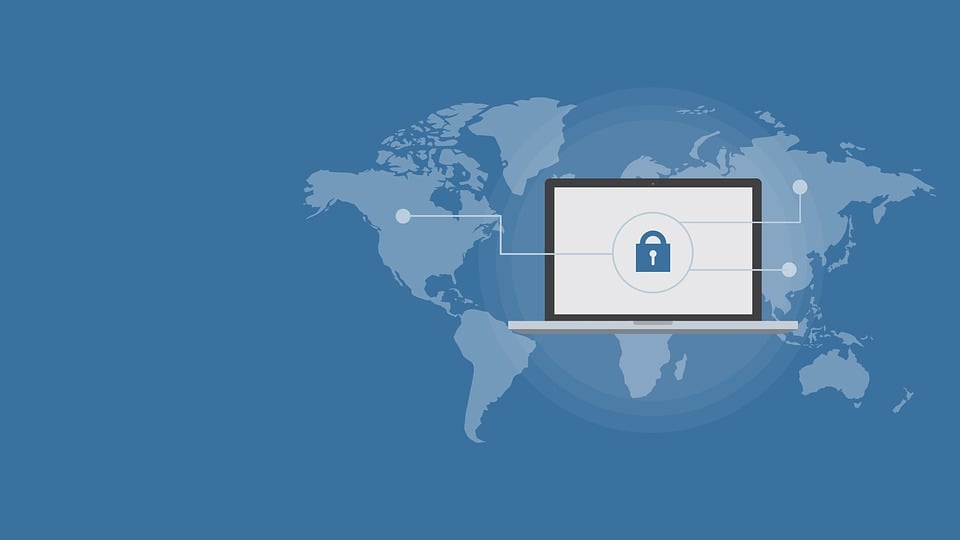3 min read
4 Trends in Big Data Innovation Governing the Future of Data Science
Preetisha Dayal : Mar 9, 2018 12:00:00 AM


Big Data innovations have been consistently increasing over the time. With every year there is improvement in the sector. When we consider 2016 for the data innovations, it was a time for big data as during that period the storing, processing, and extracting value from data of all forms and sizes was applicable.
Moving ahead that is in 2017 the systems which support large volumes of both structured and unstructured data continued to increase at a rapid pace. Now is the time when the market requires platforms that help data custodians govern and secure big data while allowing the final users to go for the evaluation of the data. Thus we can say that with time systems are getting enhanced according to the prior IT standards.
Interested in Big Data? Catch the latest innovations and trends with our free eBook:
4 Trending Big Data Innovations Governinng the Future of Data:
1. Moving to the Cloud has increased:
It is quite a surprising element that companies have observed the crowd moving to the cloud in great numbers. There were initial issues regarding this but now, later on, it was realized that cloud is relatively safer than anything which other companies offer.
It is also observed that a great number of employees are working isolatedly meaning there has been a requirement to give secure access to data and analytical tools from anywhere they are in the world, making Big Data as a Service (BDaaS) increasingly important.
Read More: 21 Predictions and Statistics about the Future of Big Data
2. Growth to be continued in real sense:
As stated by the "Streaming Analytics Market by Verticals - Worldwide Market Forecast & Analysis (2015 - 2020)" report, real-time analytics were predicted to observe an average annual growth of 31.3% between 2015 and 2020, which seems like it is still moving on in the present scenario.
Earlier things which were seen as a practice for the big and rich companies have now become quite common among SMEs. All this is the result of the popularity of the technology and decreasing of the cost. A number of companies will be looking into memory and in chip, approaches to collect and evaluate the data as fast as they can. This is done so that competitors use such technology and once it prevails in market people will be forced to use this.
Read More: 5 Best Open Source Big Data Tools
3. Big Data to be finished:
The term 'big data' will quietly go away from the world of IT. Though its something which has a broad meaning, but by itself, it is actually meaningless. Like IT, big data is a term which includes a lot in the minds of people to really have an exact meaning beyond saying to people who know just a little to explain that 'I work in big data'.
There are a great number of elements which are categorized under big data from machine learning and data collection, to analytics and data security, none of which really have to anything to do with each other, but are still categorized as 'big data'. Even you will find that groups who do not have any kind of relation with big data are also being aware of these zone. The reasons behind this are the hacks, robotics, self-driving cars, and myriad other data-driven technologies From this we can clearly evaluate the use of term big data is not going to be out anytime soon.
Read More: 3 Reasons: Why Most Big Data Projects Fail?
4. Hacks to get more vast:

It is rightly quoted by Benjamin Franklin that 'In this world, nothing can be said to be certain, except death and taxes', but in 2018 we can add 'and huge hacks will impact companies'.
In the last three years, 8 of the top 10 hacks have already taken place which is actually not a coincidence. You might observe that Data security is getting better but the improvement in data security is working almost parallel with the enhanced skill of those who are further working to grab it. We can actually relate hacks going up with the increasing amount of data. More is the data, more will be the hacks happening. Taking the true scale of Uber hacks and its coverup which are yet opened but the statement made it clear that around 57 million accounts were cleft and the company had to pay $100,000 to keep the hackers quiet and maintain the secrecy in the market.
This scenario is turning like a fear which is making the things go more worse. The reason behind this as stated before is that more data is collected and the companies are forced to pay more to the hackers to get their data unlock or stop it from being disclosed. As a research was carried on from Symantec, there has been a 266% spike in the amount compensated by companies to the hackers who spoiled them with ransomware as compared to 2016. At the same time, there are very rare people who are arrested for hacking. If there is going to be an increase in the reward given for hacking and a very little chance of being caught than the people will take it as an opportunity and will try practicing this activity more often.
Do you need help with your Big Data initiative? With a dedicated team of data scientists we can handle any level of challenge in this field. Get in touch today for a solution or POC.

5 Ways: How to Use Big Data for Price Optimization
Pricing is one of the most critical aspects of business management. Businesses use many different analysis techniques to optimize pricing. Some of...

5 Practical Uses of Big Data in Marketing and Sales
Big data analysis is a powerful tool at the disposal of marketers. With the technology advancing rapidly, it has become a powerful tool for sales and...



